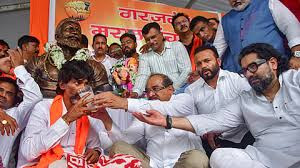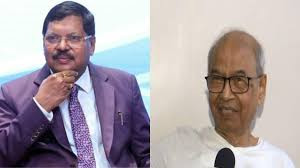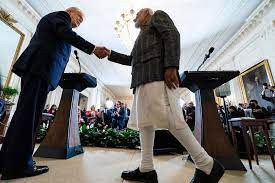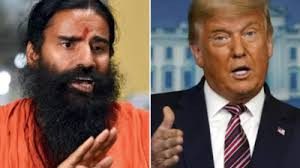Maratha quota protest: Manoj Jarange-Patil’s "historic win"—a breakthrough or political façade?

IIE DIGITAL DESK : The conclusion to five days of hunger strike and protest at Azad Maidan, Maratha quota activist Manoj Jarange-Patil declared victory as the Maharashtra government agreed, in principle, to grant Kunbi status—an established OBC category—to certain Marathas. With chants of “victory” reverberating and Jarange sipping juice amid cheering supporters, this may have looked like a triumph. But as India Today’s editorial explores, the resolution—grounded in strict verification—raises questions on whether this is truly historic or merely symbolic.
Jarange’s agitation had its roots in decades of appeals for reservation. Though a 16% SEBC quota had been granted in 2018, it was struck down by the Supreme Court in 2021. Since then, Jarange and the Shivba Sangathana have demanded OBC status for Marathas through Kunbi classification—an answer rooted in the 1918 Hyderabad Gazette, which listed many Marathas from Marathwada as Kunbis. He pushed for recognition via historical gazetteers from Hyderabad, Aundh, Satara, and Bombay, combined with withdrawal of protest cases and jobs for families of agitators who died.
When tens of thousands gathered in Mumbai, disrupting traffic and drawing court intervention, the state finally took action. A government resolution agreed to use the Hyderabad Gazette as proof, setting up village-level committees for verification—to determine which Marathas could be issued Kunbi OBC certificates. Cases against protesters would be withdrawn by end-September, and jobs or compensation promised to affected families.
This is partial triumph, not universal vindication. India Today points out that the verification process will exclude the majority of Marathas. Only individuals with traceable lineage or documentary proof are likely to qualify, leaving most without relief. What looks emotionally resonant may, upon closer inspection, be limited in scope.
The government also moved swiftly to form a six-member cabinet subcommittee—including representatives from ruling parties—to oversee the implementation. But dissent within the OBC bloc surfaced, with minister Chhagan Bhujbal skipping the cabinet meet in protest—highlighting fears that Maratha inclusion might dilute OBC quota shares.
Amid a citywide clean-up following the High Court’s directive to vacate Azad Maidan, the protest ended with Jarange succumbing to fatigue and relief. The human cost—mobilisation on the streets, judicial warnings, and daily disruption—signalled the desperation behind the agitation, but also cast doubt on how lasting or systemic the gains will be.
As the editorial cautions, Jarange-Patil's claim of a "historic win" resonates emotionally, but its substance may not match its grandeur. Without transparent execution, legal solidity, and extension beyond a subset of individuals, this resolution may function as a political pause—not a structural change. The real test lies in implementation: whether Maharashtra converts rhetoric into rights, or if this remains another iteration of protest-driven optics.
Jarange-Patil's hunger strike yielded what he called a landmark result. But whether it stands as a landmark for Maratha empowerment—or a limited, contingent concession—remains to be seen.
You might also like!
















